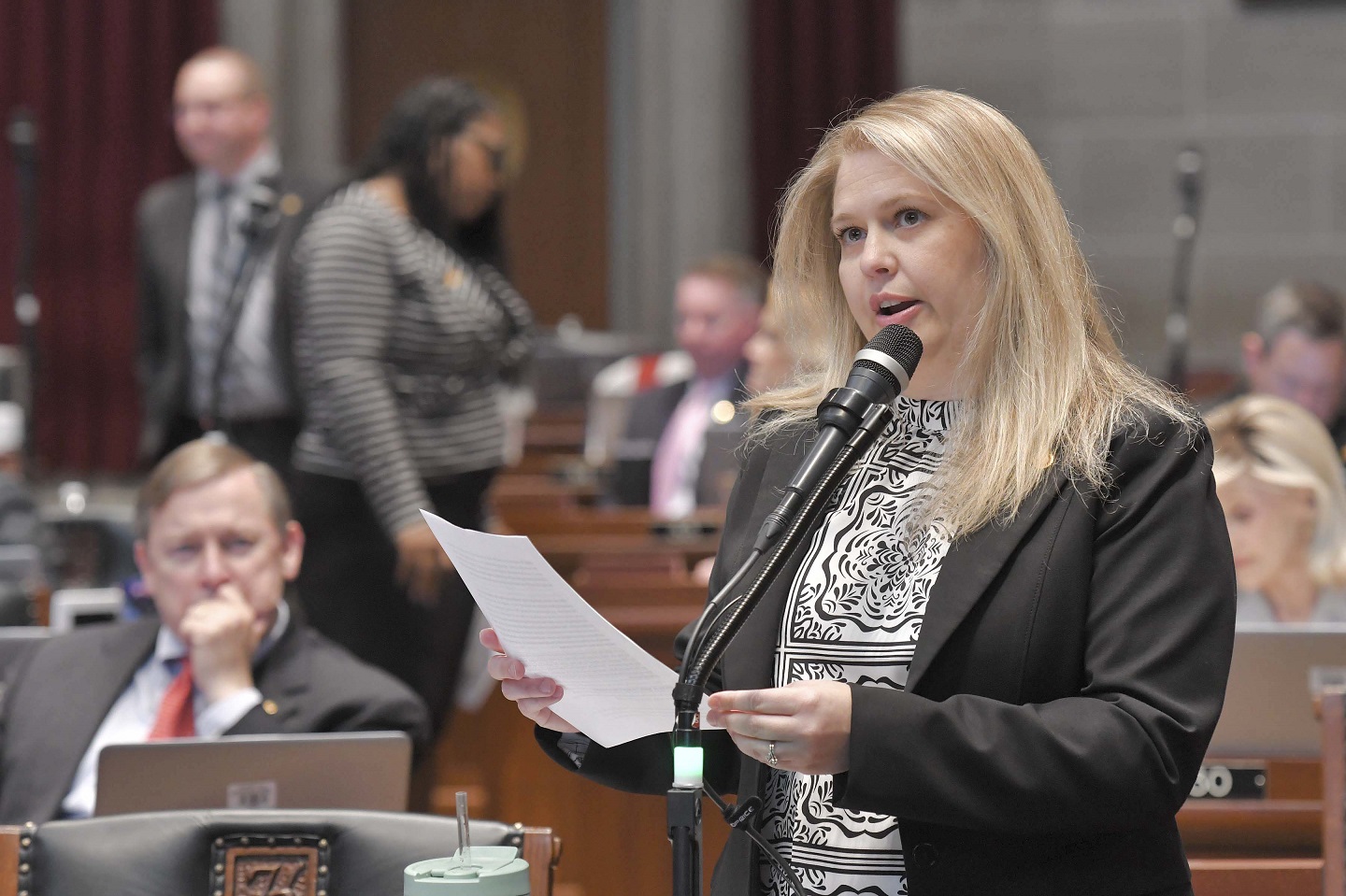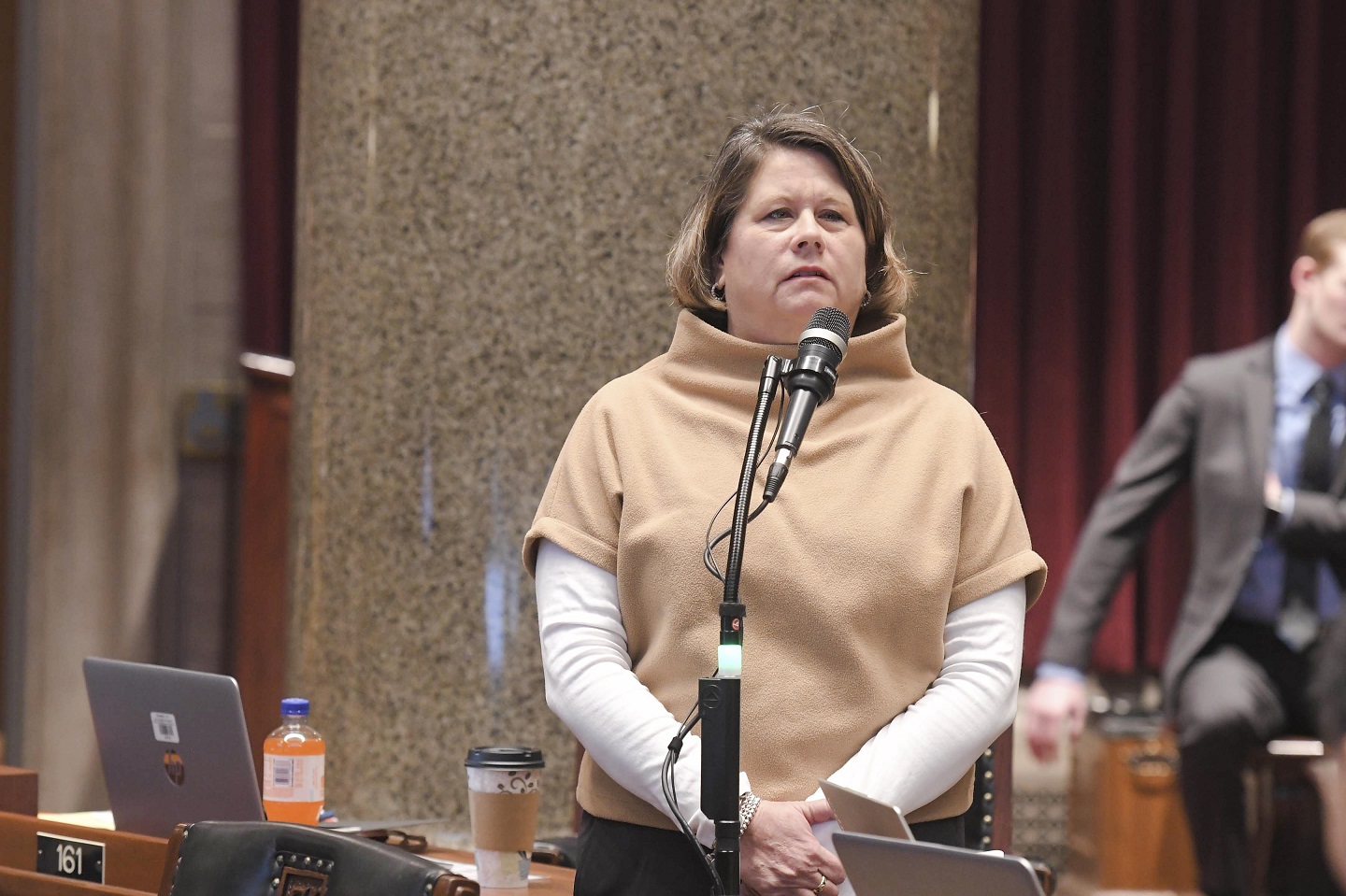House lawmakers have voted to decrease the time Missourians must wait for some medical procedures, increase quality of and access to healthcare, and decrease costs.
Insurance entities require health care providers to seek prior authorization before performing some procedures before they will agree to cover those procedures. If House Bill 1976 becomes law, health care providers who reach a 90 percent approval rate for a given procedure over a six month period will then not have to seek prior authorization for the following six months.

“Insurance companies and their prior authorization standards are getting in the way of health care for everyday Missourians,” said bill sponsor Melanie Stinnett (R-Springfield).
She said the passage of HB 1976 would mean “better access to care for patients and, potentially, decreased cost for patients, because the prior authorization process, itself, increases costs within the healthcare system.”
Stinnett said without knowing it, many patients have likely had a negative experience that involved prior authorization.
“Often, [patients] feel like it is something that the doctor hasn’t done or needs to do, but in reality it’s something that the health insurers lay over on top of what the health care provider has to do,” said Stinnett. “It’s a challenge that the health care provider has to deal with, but often the patient doesn’t realize who’s imposing it or where that’s coming from.”
“As someone who has spent hours and hours and hours trying to get preauthorization for patients that need physical therapy, I cannot support this enough,” St. Louis Representative Jo Doll (D), who has worked as a physical therapist, told her colleagues. “The process is burdensome, it takes hours and hours of – people that are there to provide patient care – takes them away from patients and makes them calling, writing, submitting countless forms to get visits approved.”

Health care industry workers and those patients who know of the prior authorization process view it as little more than “red tape” that drives up costs and slows care, and Representative Patty Lewis (D-Kansas City) agrees, and said some doctors report that the delays it causes lead to worse outcomes and even deaths.
The legislation made its way to the House after being approved by the Committee on Healthcare Reform. Chairman Kent Haden (R-Mexico) noted that panel gave it a bipartisan, unanimous vote.
“The only people that testified against it were the insurance people and [pharmacy benefit managers],” Haden said. “It is really good for all of our clients, all of our constituents. Not many bills we see effect everybody in the House and all their constituents. This bill will effect virtually everyone and their constituents immediately. It’s a great bill.”
Stinnett told her fellows the prior authorization process gives power to insurance companies and leaves providers fighting to get the best care and outcomes for their patients. Her legislation aims to change that, and to allow providers to focus more on patients’ needs rather than what insurers will allow.
The House voted 146-6 to send that legislation to the Senate.

